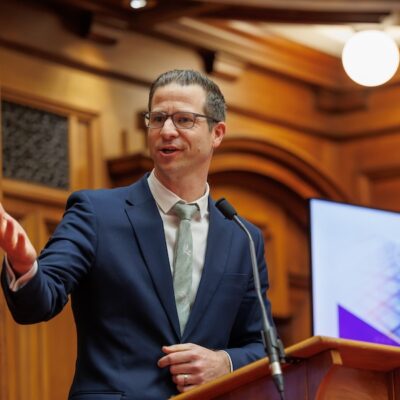Employees to open up social media access for better work deal
Dataprofiling could soon become commonplace in the workplace, according to PwC’s report, The future of work: A journey to 2022, with nearly a third of workers happy for their employer to have access to personal data,
932
Dataprofiling could soon become commonplace in the workplace, according to PwC’s report, The future of work: A journey to 2022, with nearly a third of workers happy for their employer to have access to personal data, such as their social media profiles.
By using data profiling currently used by advertisers and retailers, employers could use this to understand what motivates their staff, to improve their well-being and better understand why people might change jobs.
PwC Partner and HR transformation specialist Debbie Francis says, “By 2020, Generation Y will form half of the global workforcebringing with them their attitudes to technology and personal data. The younger generation is more willing to share personal data meaning data monitoring will rise and could become routine practice for organisations.
“Granting data access to employers will give them the ability to better anticipate and measure performance and employee retention, and could extend to the monitoring of employees’ health to reduce sick leave.
“Employers will need to build trust with employees that hand over this data and develop measurable benefitsto ensure that the price of handing over their data to them is worth paying.
“Digital transformation is already disrupting the nine to five office environment, with staff contactable around the clock. While this change has brought flexibility for some people, but for others, they feel like their work-life balance is invaded.
The research reveals that over half (59%) of people are prepared to be available at any time and contactable via technology in return for secure employment. This rises to nearly two thirds (64%) of Generation Y workers.
“Business leaders will need to develop a culture where technology works for everyone. This isn’t about having a blanket ban on when people can be contacted but creating a culture where people can use technology to enhance their lives, and control when they choose to do this,” says Francis.





